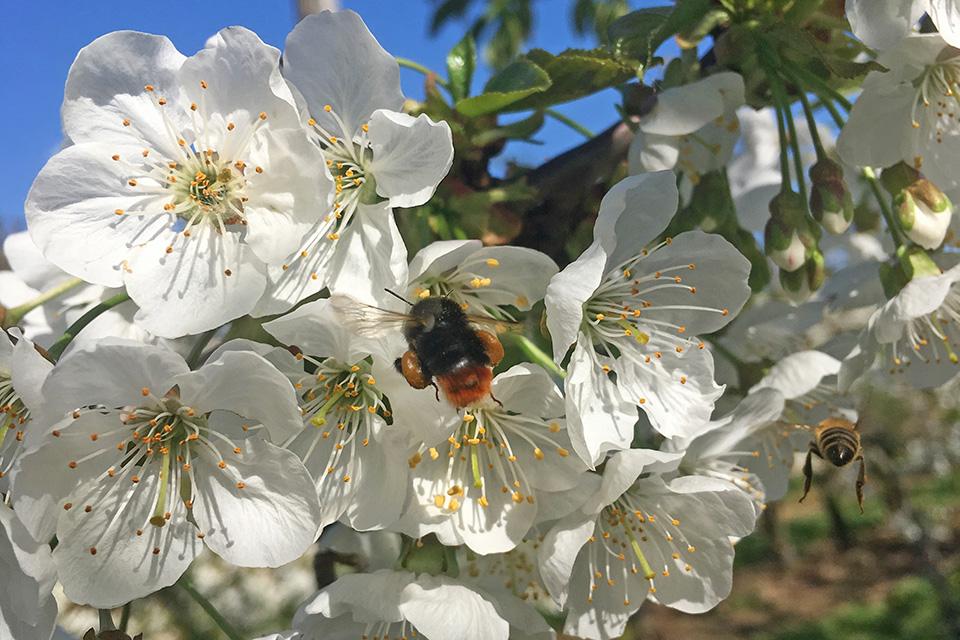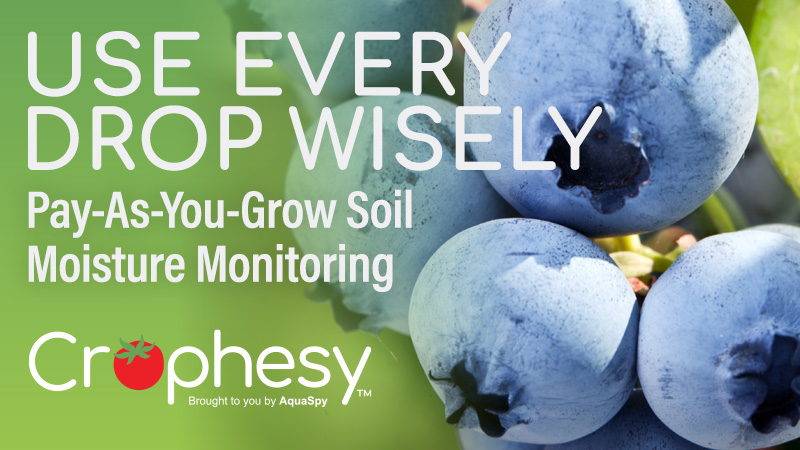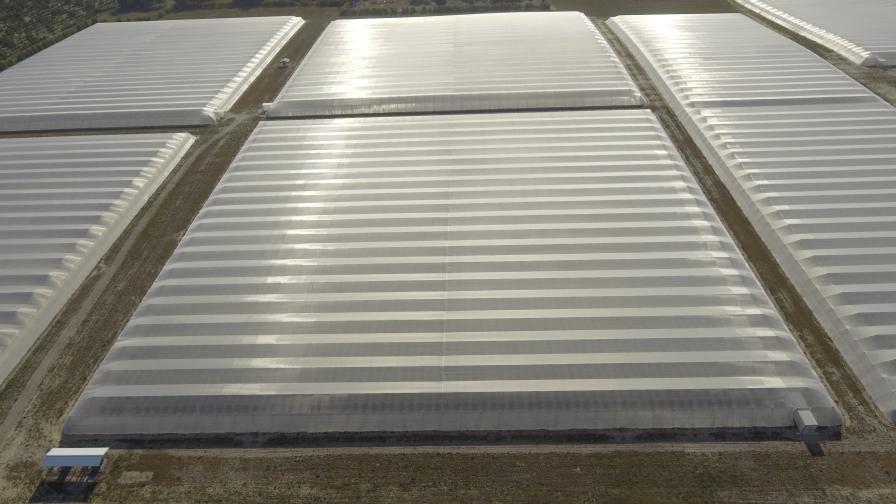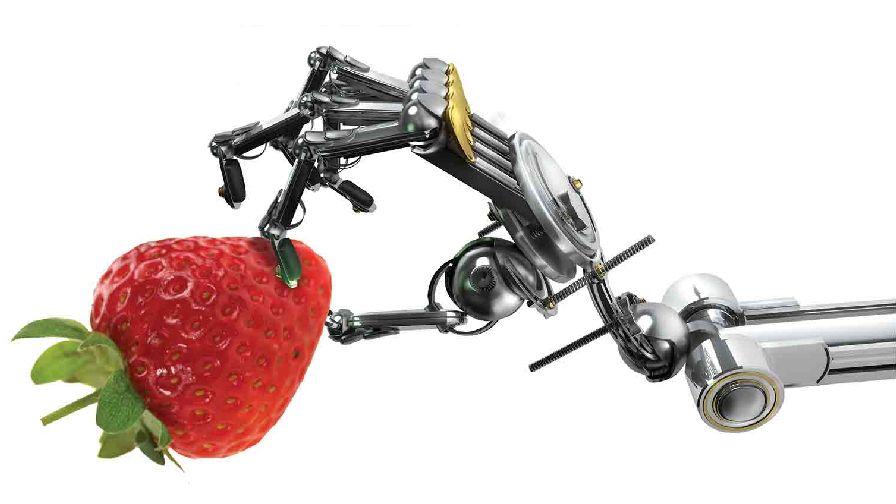Produce Safety Alliance Director Tells Growers To Get Started On GAPs

Betsy Bihn
About a year ago, FDA rolled out two new proposed rules for the Food Safety Modernization Act (FSMA): the Preventive Controls and Produce Safety Rules. The preventive controls concern the manufacturing and processing portion of the produce industry, while the produce rules focus on compliance in several categories including water, farm-worker hygiene, soil amendments, animals in growing areas, equipment, tools and buildings, and sprouts.
Growers were given time to offer comments to FDA on the proposed rules, and as FDA now wades through those comments to come up with the final document, Betsy Bihn, Produce Safety Alliance (PSA) director and a senior Extension associate in the Department of Food Science at Cornell University, offers her thoughts on the process.
Do you feel most of the growers you work with are ready to comply with the Produce Safety Rule?
Bihn: No, I do not feel like most growers are ready to comply for several reasons. The first is that we have no idea what will be in the final rule, so until it is final, it is tough to judge. If I had to make an assessment based on the proposed rule, I would still say “No” since many small farm owners have not received any pressure yet, so they are not engaged in GAPs or third-party audits in a way that would prepare them for the rule.
What are your thoughts about the compliance level of growers who are not part of the Produce Safety Alliance?
Bihn: Though the PSA is always focused on reaching growers, we also feel it is critically important to build collaboration with Extension educators and others involved in outreach so that regardless of where a grower lives, there is someone geographically close who can help them understand produce safety issues.
Were you able to get growers you know to make comments on the rule, and did they have similar comments/questions? If so, what are the similar concerns?
Bihn: The PSA and its collaborators actively encouraged growers to submit comments. We did not collect the comments, so I cannot say if they overlapped. I can say that feedback we have received while training growers has had similarities.
There is concern about the amount of water testing required and about the current standards for Agricultural water sourced from surface water. Among organic producers, much of the discussion has been about the raw manure application interval that is nine months (application to harvest) since it exceeds the current National Organic Program requirements.
There was also some discussion on our webinar series about farms that buy produce and how this may result in them being subject to preventive controls rule and discussions about secondary harvest cuts being considered processing. This would also make them subject to the preventive controls rule.
In what areas do growers need more clarification or guidance on the rule? In what areas do you feel most have a good handle on?
Bihn: Again, clarification is a tough thing to say because it is not final. I would say that we are hoping when the final rule is released that the FDA will clarify things mentioned above (secondary harvest cuts, purchasing produce from a neighboring farm for resell where there is not repacking, storage, or holding, etc.)
As it stands, the small grower (under 200 acres) will be impacted the most by FSMA. What are your recommendations for these growers as they are navigating the regulations?
Bihn: My advice to all growers, regardless of size, is get moving now with figuring out how GAPs can be implemented on your farm. It will likely be several years before any grower is subject to the regulation, But FSMA is certainly making buyers, even small buyers, more aware of food safety. To stay competitive in the marketplace and to make sure they are not making food safety mistakes, growers need to understand GAPs, how to assess the risks on their farms, and what practices will reduce the risks.
There are lots of educational opportunities out there for growers, so they need to engage in the process. Find a GAPs training program or call your local Extension educator, but get started. By starting now, growers will be well-prepared by the time the regulation arrives. My feeling is that the regulation will mostly follow GAPs, so even if there is something that is different then we do now, it will not be so different that growers will not be able to modify what they have.
If they have nothing, then it will be more difficult and more stressful, which is why I recommend starting now.










